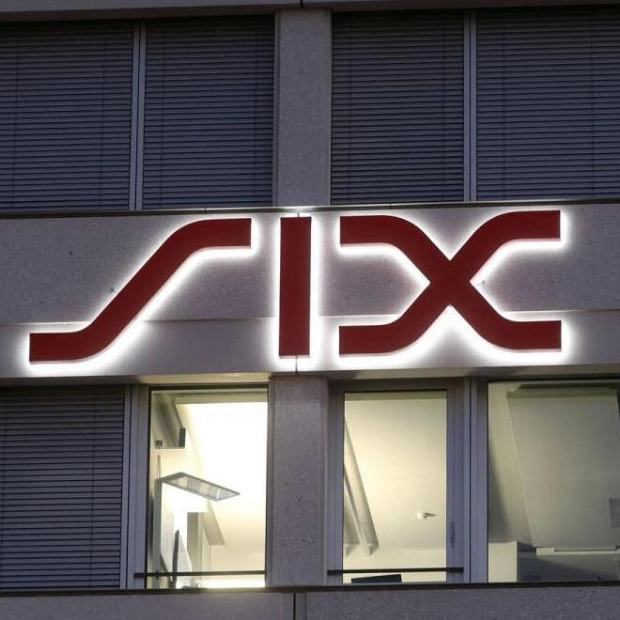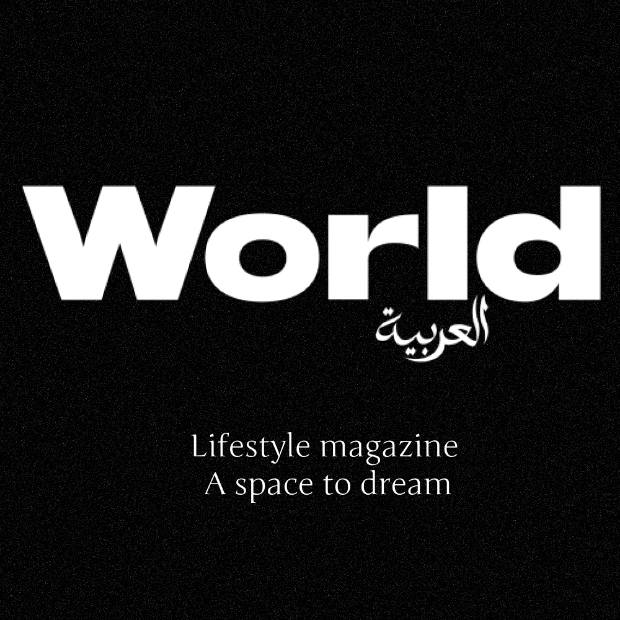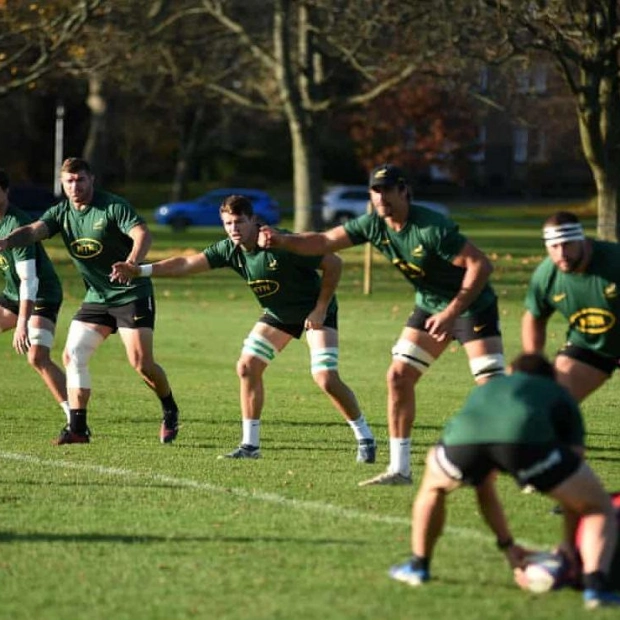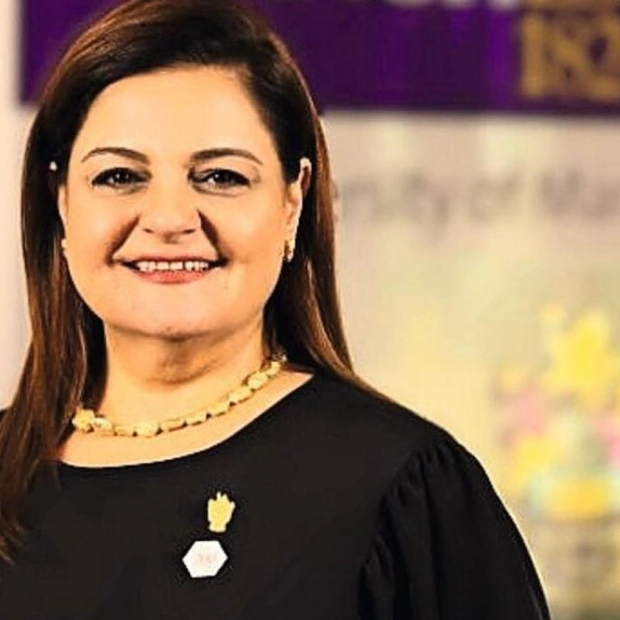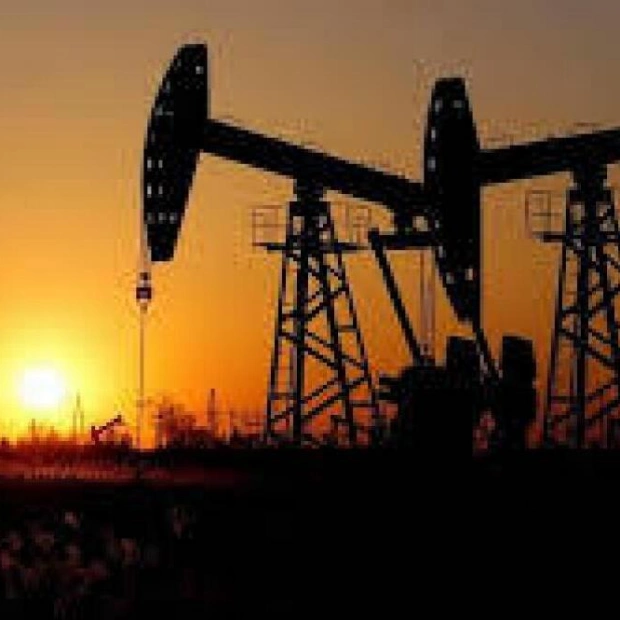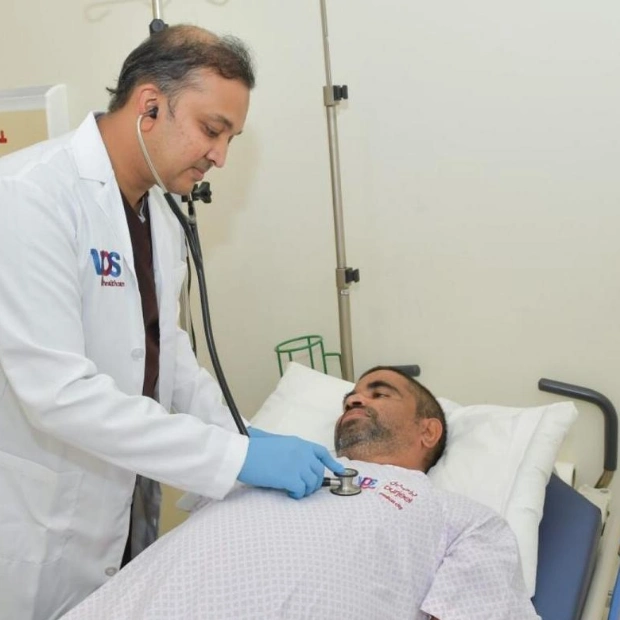A Dubai-based urban planning and development firm has revealed plans for a tram project that will traverse one of the busiest highways in the Emirate: Sheikh Mohamed Bin Zayed Road (E311). The 64km corridor is set to be transformed with the planting of 1 million trees and will include 'urban farms and gardens'. The 'Dubai Green Spine' is currently at the concept stage and is described as 'a vision', according to the chief executive of the firm spearheading the project, who spoke to Khaleej Times. 'No formal presentation has been made to authorities yet,' stated Baharash Bagherian, CEO of URB. The estimated cost of the project is $10 billion, with plans for approximately 25 tram stations. If approved, it could be completed in four phases over a decade. 'The project will span a 64-kilometre stretch from Dubai Industrial City to Muhaisnah,' Bagherian explained. The trams will be powered entirely by solar energy, supported by a 300-megawatt solar energy system. Solar panels integrated into the tracks will serve as a central feature of the Green Spine, providing a continuous power source for the tram network and minimizing the need for overhead power lines, thereby preserving the aesthetic of the corridor. The project's estimated output is enough to power around 130,000 homes in Dubai. The initiative will also include pedestrian paths and cycling tracks lined with native plants, offering natural cooling and cleaner air. Furthermore, the Green Spine will incorporate mixed-use assets that combine residential community amenities, commercial, and leisure spaces. 'By adopting a more human-centric approach, we prioritize people and green spaces over cars... This initiative promotes sustainable modes of transport and community zones over traditional car-dominated roads, thereby improving the quality of urban life,' the URB chief noted. The company plans to introduce urban agriculture initiatives such as vertical farms and community allotments that allow residents to grow their own food. Drawing from the heavy rains and subsequent flooding on April 16, the company stated that the project will include 'sustainable urban drainage systems, including porous surfaces that absorb rainwater'. 'This design reduces the risk of flooding, even during heavy rainfall, by efficiently managing stormwater. The incorporation of these eco-friendly drainage solutions ensures the infrastructure remains functional and safe.' Elevated parks will feature playgrounds, outdoor fitness areas, sports facilities, and community gardens. URB has previously announced plans for other ambitious projects such as 'Dubai Mangroves', which aims to plant over 100 million mangrove trees; Dubai Reefs, a sustainable floating community for marine research, regeneration, and ecotourism; and 'The Loop', a 93-km climate-controlled cycle highway around Dubai. Most of these projects are still in the research and development phase.
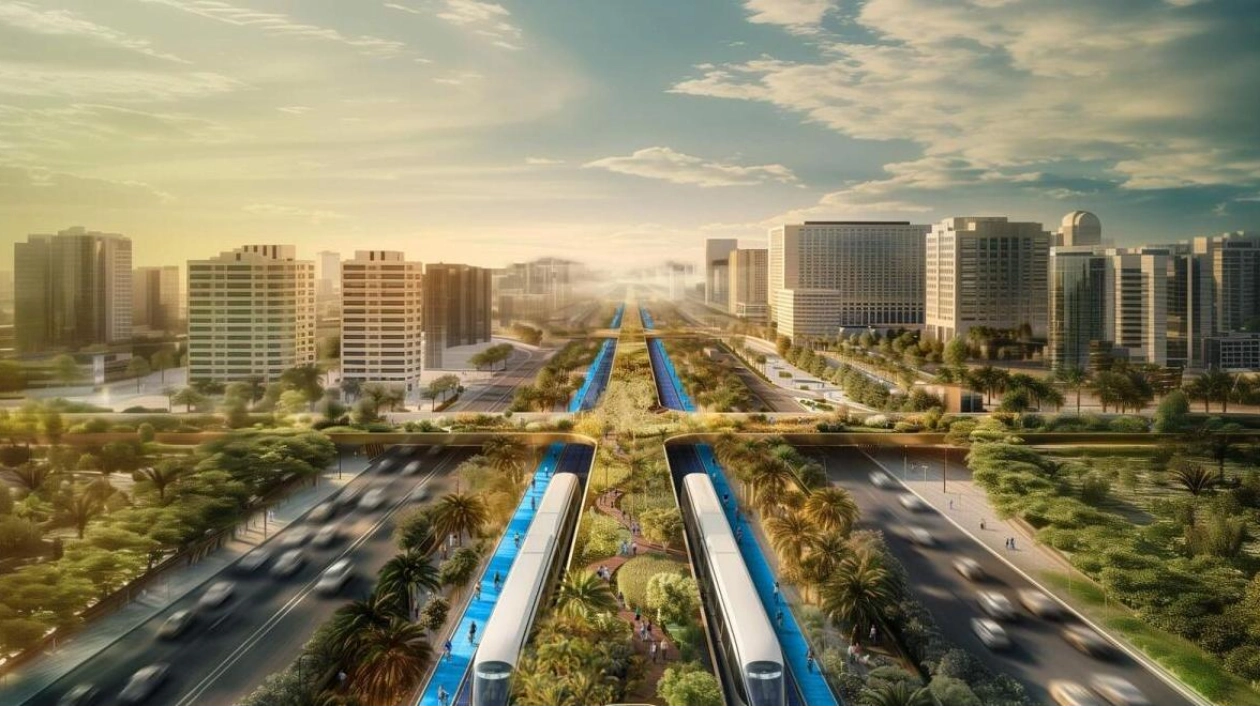
Text: Lara Palmer
09.07.2024
A $10 billion initiative to transform a busy highway with solar-powered trams and urban farms
